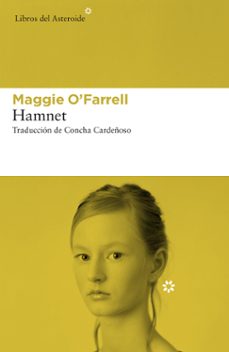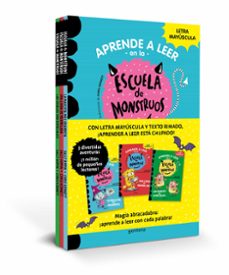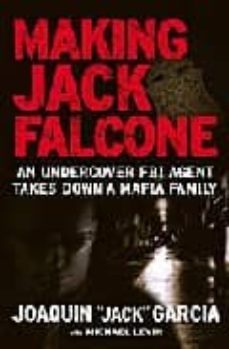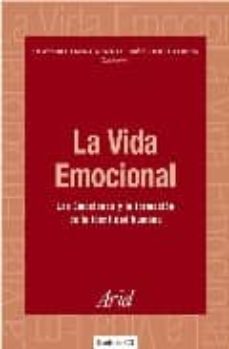Imprescindibles
Ficción
No Ficción
Ciencias y tecnología Biología Ciencias Ciencias naturales Divulgación científica Informática Ingeniería Matemáticas Medicina Salud y dietas Filología Biblioteconomía Estudios filológicos Estudios lingüísticos Estudios literarios Historia y crítica de la Literatura
Humanidades Autoayuda y espiritualidad Ciencias humanas Derecho Economía y Empresa Psicología y Pedagogía Filosofía Sociología Historia Arqueología Biografías Historia de España Historia Universal Historia por países
Infantil
Juvenil
#Jóvenes lectores Narrativa juvenil Clásicos adaptados Libros Wattpad Libros Booktok Libros de influencers Libros de Youtubers Libros Spicy Juveniles Libros LGTBIQ+ Temas sociales Libros ciencia ficción Libros de acción y aventura Cómic y manga juvenil Cómic juvenil Manga Shonen Manga Shojo Autores destacados Jennifer L. Armentrout Eloy Moreno Nerea Llanes Hannah Nicole Maehrer
Libros de fantasía Cozy Fantasy Dark academia Hadas y Fae Romantasy Royal Fantasy Urban Fantasy Vampiros y hombres lobo Otros Misterio y terror Cozy mistery Policiaca Spooky Terror Thriller y suspense Otros
Libros románticos y de amor Dark Romance Clean Romance Cowboy Romance Mafia y amor Romance dramatico Romcom libros Sport Romance Otros Clichés Enemies to Lovers Friends to Lovers Hermanastros Slow Burn Fake Dating Triángulo amoroso
Cómic y manga
Novela gráfica Novela gráfica americana Novela gráfica europea Novela gráfica de otros países Personajes, series y sagas Series y sagas Star Wars Superhéroes Cómics DC Cómics Marvel Cómics otros superhéroes Cómics Valiant
eBooks
Literatura Contemporánea Narrativa fantástica Novela de ciencia ficción Novela de terror Novela histórica Novela negra Novela romántica y erótica Juvenil Más de 13 años Más de 15 años Infantil eBooks infantiles
Humanidades Autoayuda y espiritualidad Ciencias humanas Economía y Empresa Psicología y Pedagogía Filosofía Historia Historia de España Historia Universal Arte Cine Música Historia del arte
Ciencia y tecnología Ciencias naturales Divulgación científica Medicina Salud y dietas Filología Estudios lingüísticos Estudios literarios Historia y crítica de la Literatura Estilo de vida Cocina Guías de viaje Ocio y deportes
JOAQUIN GARCIA
Recibe novedades de JOAQUIN GARCIA directamente en tu email
Filtros
Del 1 al 2 de 2
SIMON & SCHUSTER 9781439149911
Joaquin "Jack" GarciaPetey Chops wasn't kicking up. And if he didn't start soon, he was going to get whacked." So begins Making Jack Falcone, the extraordinary true story of an undercover FBI agent's years-long investigation of the Gambinos, which resulted in a string of arrests that crippled the organized crime family. But long before Joaquin "Jack" Garcia found himself wearing a wire with some of the Mafia's top capos, he was one of the FBI's unlikeliest recruits. A Cuban-born American, Jack graduated from Quantico standing six-foot-four and weighing 300 pounds -- not your typical G-man. Jack's stature soon proved an asset as the FBI looked to place agents undercover with drug smugglers, counterfeiters, and even killers. Jack became one of the few FBI agents dedicated solely to undercover work. Using a series of carefully created aliases, Jack insinuated himself in the criminal world, from the Badlands of Philadelphia, where he was a gregarious money launderer, to the streets of Miami, where an undercover Garcia moved stolen and illicit goods and brought down dirty cops. Jack jumped at the opportunity to infiltrate the shadowy world of La Cosa Nostra, but how would the Cuban-American convince wiseguys that he was one of their own, a Sicilian capable of "earning his button" -- getting made in the Mafia? For the first time, the FBI created a special "mob school" for Jack, teaching him how to eat, talk, and think like a wiseguy. And it wasn't long before the freshly minted Jack Falcone found himself under the wing of one of the Gambinos' old school capos, Greg DePalma. DePalma, who cared for an ailing John Gotti in prison, introduced Falcone to his world of shakedowns, beatings, and envelopes of cash, never suspecting that one of his trusted crew members was a federal agent.
Ver más
Tapa blanda
ARIEL 9788434426641
Estudiamos la mente humana desde el prisma de las acciones que consideramos más relevantes. Domina atribuir ese puesto a la actividad racional que promueve la ciencia y la tecnología: la mente paradigmatica. En el libro se propone situar el punto de mira en las acciones que permiten comunicarnos y que posibilitan las acciones humanitarias: la mente narrativa.Desde ella se vislumbra la importancia del sistema emocional y el papel que juega en la vida feliz o en la vivencia distorsionada, como la identidad personal se robustece o desmorona desde la comprension o el desconcierto emocional.El trato consciente con la vida emocional ha formado parte de los compromisos centrales de la cultura y constituye fundamento para el proyecto formativo en las instituciones de formacion.El caracter sentimental de la vida humana ha constituido un problema para la filosofia, un tema recurrente para las humanidades y un asunto esencial para comprender la condicion humana desde la deferencia con toda diferencia de identidad.Esta es la perspectiva desde la que se ha elaborado este libro y los textos que lo complementan en el CD-rom que lo acompaña.
Ver más
Tapa blanda
Del 1 al 2 de 2
























